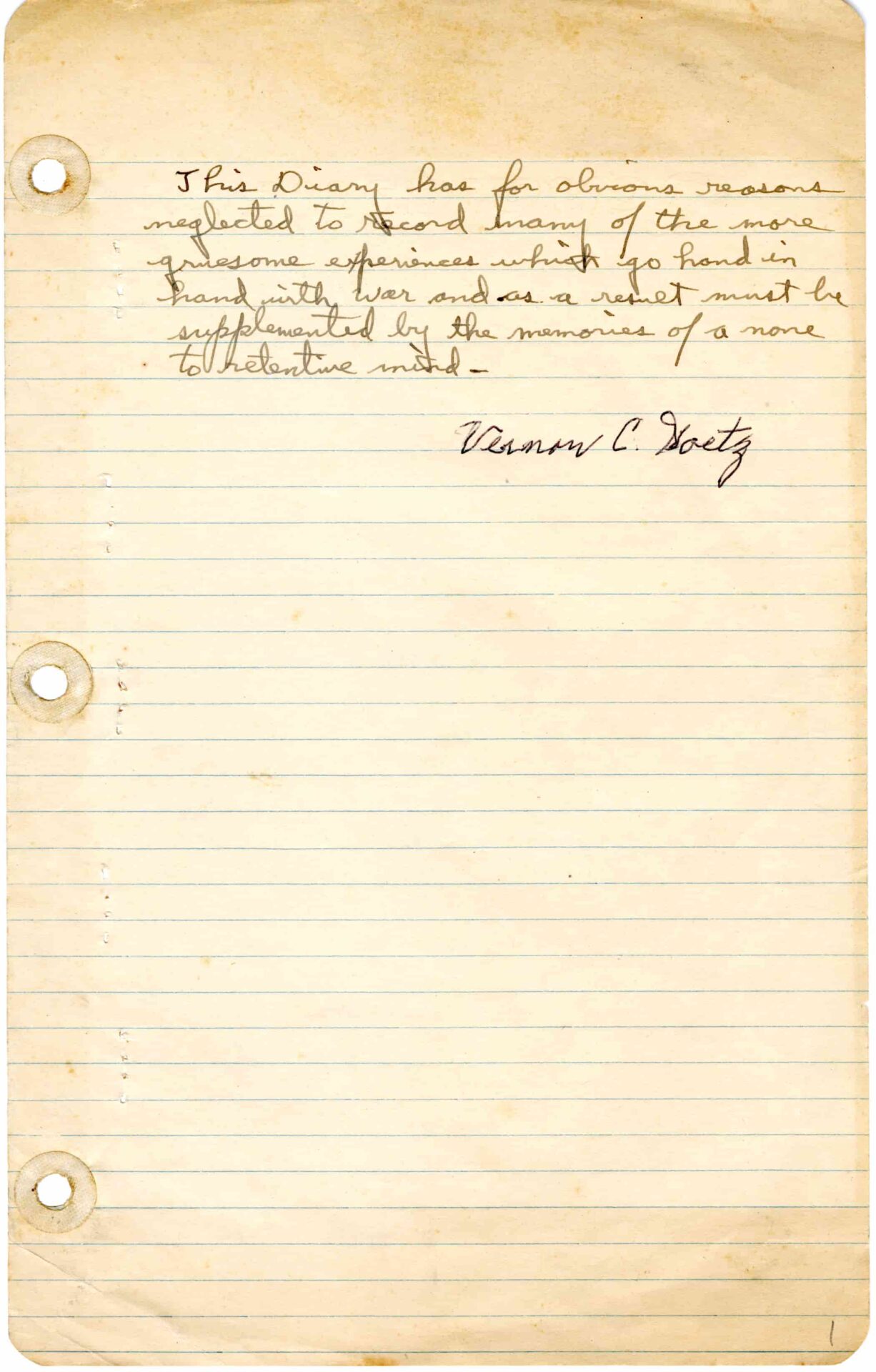“Lest We Forget,” series published in The Reader’s Digest, n.d.; “Nazi Murder Factory,” by W.H. Lawrence, condensed from The New York Times, 30 August 1944. – Page 1.
This article was the first installment in a Reader’s Digest series on Nazi atrocities during World War II titled “Lest We Forget.” It was written by New York Times reporter William H. Lawrence and is a condensed version of an article published in the Times on August 30, 1944. This article discussed the journalist’s personal observations when he visited a Nazi concentration camp in Maidanek, Poland.
The author explained that even though he had past experience observing war crime investigations conducted by the Soviet-Polish Atrocities Investigations Commission, he had never witnessed anything so horrific. Lawrence attempted to describe the gas chambers, torture rooms, ovens and mass graves that he saw during his time at the camp. With the American audience in mind, Lawrence attempted to expose the true horror of the Nazi regime in great detail so that Americans were aware of the Nazi atrocities that were committed.
This article was the first insert in Goetz’s diary, and it was stapled to the back of the diary’s title page where he wrote, “This Diary has for obvious reasons neglected to record many of the more gruesome experiences which go hand in hand with war and as a result must be supplemented by the memories of a none too retentive mind.” While Goetz does not mention the Holocaust in his diary, or go into any detail about any other horrific events that he may have seen, the attachment of this article and the other two articles in this series (see Inserts 31 and 33a) represents his effort to bear witness to the atrocities committed by the Nazis. He acknowledged the personal importance of these articles by modifying the title of the series “Lest We Forget.” He crossed out the “We” on the article and changed it to “Lest I Forget,” which was also the title of his diary. By placing this article on the first page, Goetz transformed his diary from a daily journal to an archive of memory.


